Trade unions were very active on Merseyside in the 1960s and 1970s and large firms usually recognised them. One notable exception, though, was the big Marks & Spencer store in Liverpool’s city centre. M&S, in its own estimation, was such a good employer that unions were unnecessary. In theory, staff were free to join one if they wished, but the company had ways of making sure that unions didn’t gain a foothold.
There had been one attempt to unionise the Liverpool store towards the end of the 1960s. An official from USDAW, the shop workers’ union, visited and met a surprisingly helpful manager who readily accepted a bundle of membership forms for distribution. Once the official was gone, though, the manager announced that the forms were available from his office. That was enough to deter workers from asking for them—and the recruitment drive collapsed.
Another attempt, in January 1975, began with the warehouse men who were objecting to the way their hours had been changed just before Christmas. Later, when they refused to stay behind after hours to finish a job, one of the managers told them they were all “shite”. They had several other grievances and one of the men, 25-year-old Jimmy McGovern, was deputed to contact USDAW.
This was the same Jimmy McGovern who later became a scriptwriter for Brookside and wrote celebrated TV dramas including Cracker and The Lakes.
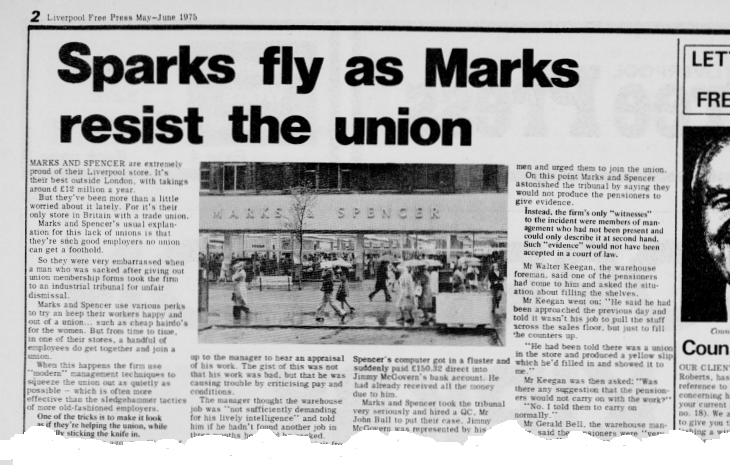
Liverpool Free Press, May/June 1975
Shortly after contacting the union, McGovern was called up to the manager’s office for an appraisal of his work. The gist of this was not that his work was bad, but that he was causing trouble by criticising pay and conditions. The manager thought the warehouse job was “not sufficiently demanding for his lively intelligence” and told him if he hadn’t found another job in three months he would be sacked.
Later that day, following a visit from Arthur Duff, the USDAW area official, the manager apologised to McGovern and said the three months notice was “temporarily suspended”.
A week later about 80 employees attended a union meeting in the staff lounge. Undeterred by the presence of the manager, manageress and a secretary taking shorthand notes, 25 people joined.
Fearful of losing perks
The warehouse men were disappointed, though, that only a small proportion of the new members were women – especially since the basic starting pay for women was only £29.50 a week compared with £42.50 for men. The difficulty, one member explained, was trying to recruit “people who’ve been there a long time and think if they join they will lose their Christmas bonus and the little perks.” Staff had an opportunity to buy unsold food cheaply and a perk much appreciated by female staff was cut-price hairdressing.
On the day of the union meeting the manager summoned McGovern again and read him a prepared statement which said he was being put on three months’ probation. In other words, if he wanted to keep his job he would have to “co-operate”.
Two days later McGovern spoke to two pensioners who worked part-time as early morning shelf fillers at 62p an hour. He told Liverpool Free Press he pointed out to them they were doing the same work as warehouse men. To bring warehouse men in early to do this work would have cost the store between £1.50 and £2 an hour. “I told them to join the union and it would take up their case with management. They accepted the forms.”
M&S accused McGovern of trying to start a demarcation dispute between the pensioners and the warehouse men – and sacked him. McGovern said he had simply told the pensioners they should be paid the same rate as warehouse men and urged them to join the union. He took his case to an Industrial Tribunal (known today as an Employment Tribunal) claiming unfair dismissal.
Eating broken biscuits
McGovern was represented by his union official and M&S by a lawyer, John Bull QC, who told the tribunal McGovern had worried and upset the pensioners and women working in the store by “aggressive badgering” to join the union, though “this wasn’t a reason for dismissal in itself”.
Bull told the tribunal that McGovern had a history of deliberate disregard for the wishes of management. One of his sins was that he had eaten two broken biscuits (property of M&S). He had also sometimes come to work without a tie and unshaven, and – the lawyer added gravely – “on one occasion in Wellingtons as well”.
The Free Press commented: “The firm’s obsession with the appearance of their warehouse men is quite a talking point in the store. Staff still joke about the time a warehouse man sprinted along Church Street to catch some lads who had robbed a till. Arriving back at the manager’s office, he was told off because his tie was crooked.”
‘Terrified’ pensioners
Vivid accounts of how McGovern had terrified the pensioners were given by managers – none of whom witnessed the incident. With more than a little reluctance, M&S eventually called the pensioners to give evidence. They had only vague memories of the incident and were not even certain it was McGovern who had spoken to them.
The tribunal decided his sacking was fair. Its report noted that McGovern’s record of misconduct “may not appear a very gross one in terms of some industrial situations” but M&S was reasonable in expecting very high standards. In return, it said, the firm provided “very good working conditions with continuing concern for each individual employee.” Whether or not McGovern had actually tried to start a demarcation dispute, the managers were “reasonable” in thinking he had.
The tribunal did, however, find that M&S had breached the Industrial Relations Code of Practice by sacking McGovern without giving him a chance to state his case or to be accompanied by his union representative.
SOURCES:
Sparks fly as Marks resist the union
Liverpool Free Press, May/June 1975.
Tribunal support Marks sacking
Liverpool Free Press, September 1975.
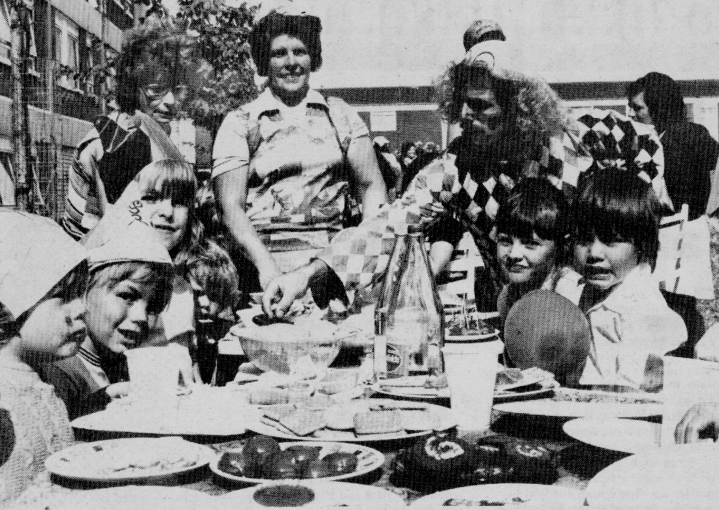
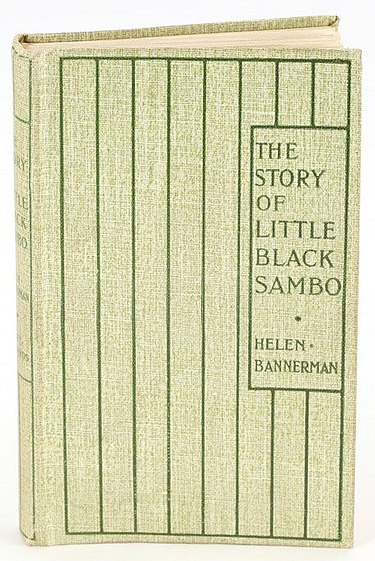
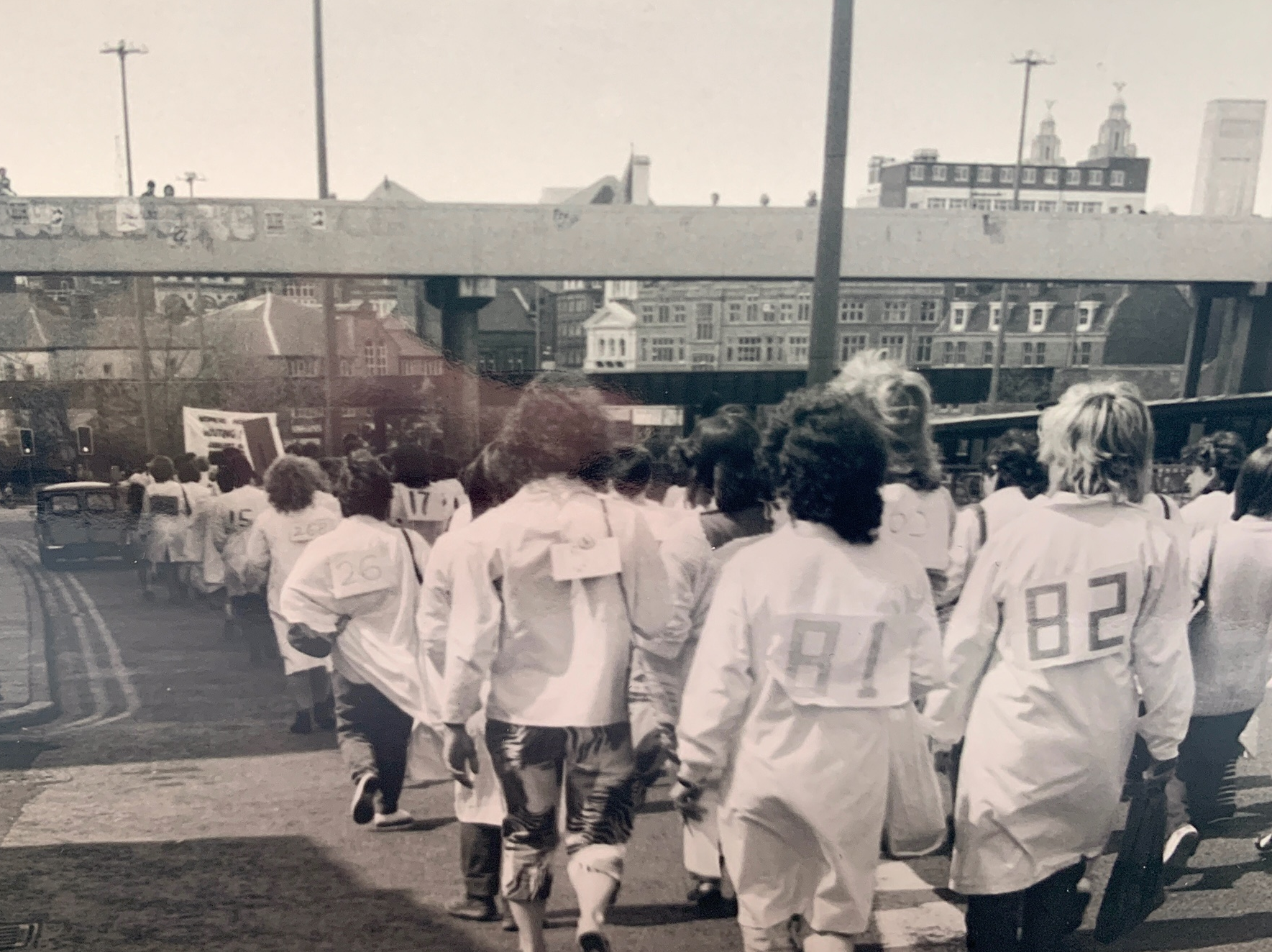

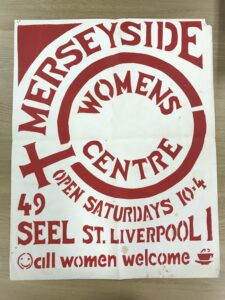
0 Comments